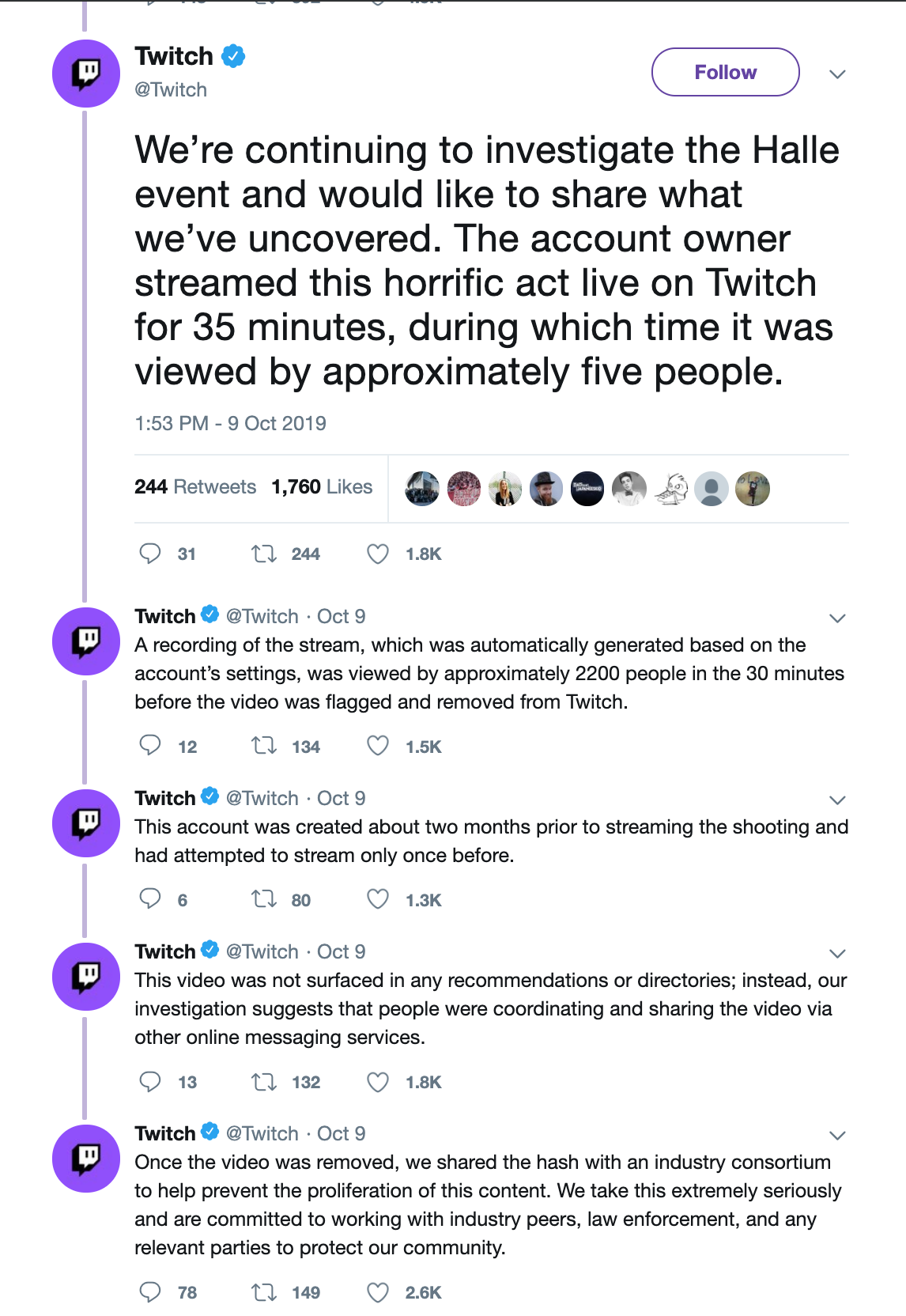Reminder: The Terrorist Content Analytics Platform (TCAP) 1) What is the TCAP? The TCAP will be a secure online platform that hosts terrorist material including verified terrorist content (imagery, video, PDFs, URLs, audio) collected from open-sources and existing datasets. Content on the TCAP will be verified by terrorist content specialists. The purpose of the TCAP is to facilitate secure information sharing between platforms, academia, and data scientists. As well as archiving historical content to support academic analysis and the development of improved content classifiers, the TCAP will provide a real-time alert service to inform smaller internet platforms of public content discovered on their services. Furthermore the TCAP dataset will support third-party data scientists in developing more accurate and transparent algorithmic analytical efforts that can be deployed to support smaller internet platforms. 2) How will the TCAP support smaller platforms and other users? a) Facilitate affordable information-sharing and alerts between internet platforms: The TCAP will support rapid sharing of content and URLs to alert smaller platforms to the existence of verified content generated by terrorist and violent extremist organisations b) Bolster efforts to augment the analysis of terrorist content at scale: the centralised database and collaborative tools will provide a platform to support improved analysis of content informed by quantitative approaches and data science c) Support tech companies in improving policies based on accessing content: Provide content moderators with a verified dataset in order to improve moderation policies and share emerging best practice d) Facilitate the coordination of data-driven solutions to tackling TUI: The TCAP will support an ecosystem of 3rd party algorithmic content classifiers that facilitates more efficient and transparent deployment of data-driven solutions for smaller internet platforms 3) What considerations are we making when developing the TCAP? To ensure that the TCAP is human rights compliant, we are taking the following into serious consideration:
- Rule of Law: our approach based on internationally recognised designation lists and normative approaches
- Transparency & Accuracy: We will recruit an independent academic advisory board to allow for content verification, and provide civil society oversight to allow for challenges to content included in the platform.
- Privacy & Security: We will verify all users who will pledge to not disseminate any content located on the TCAP, and ensure that personal identifiable information (PII) is not traceable
- Tech Platform Autonomy: Any alerts are on an advisory basis only and human verification and moderation will be required
|

